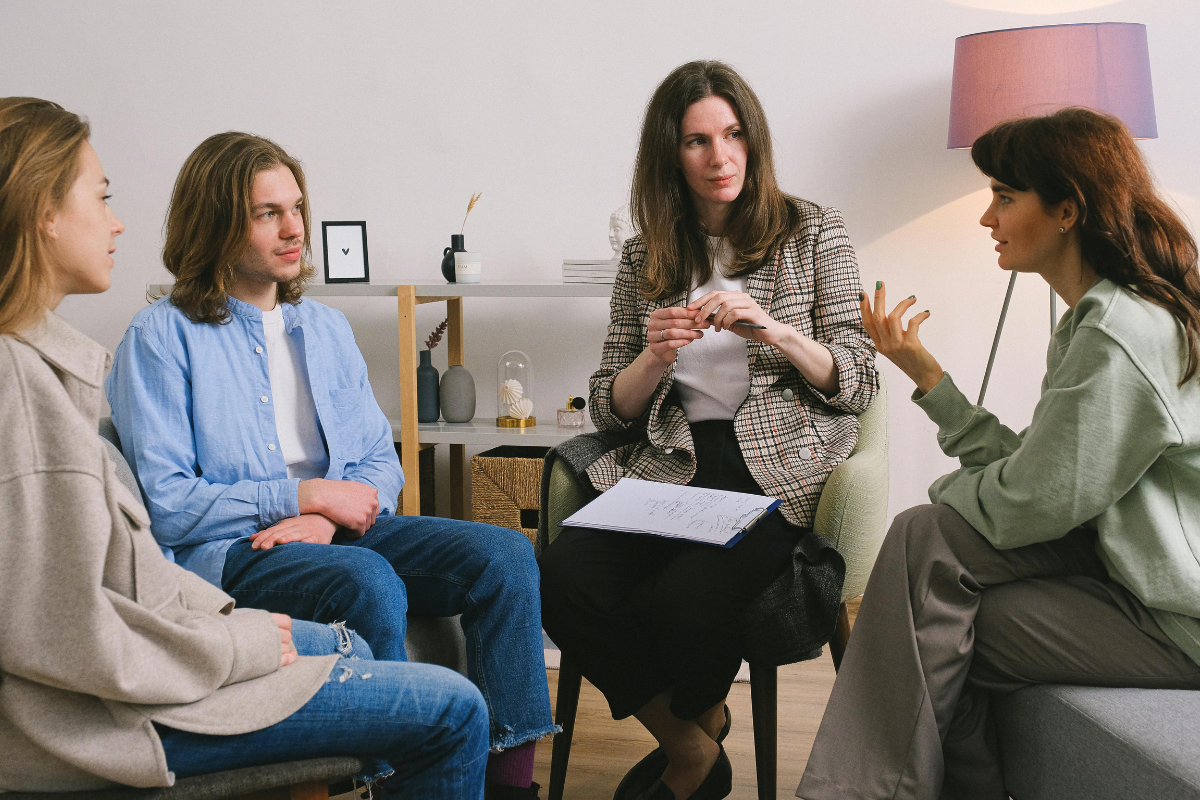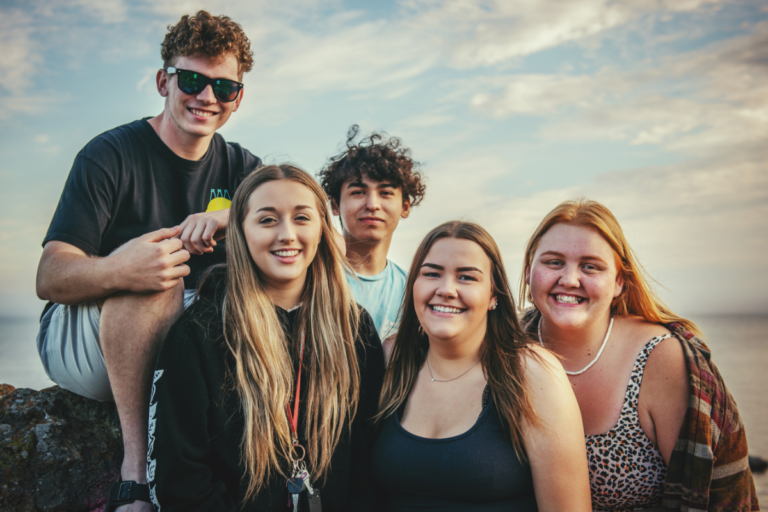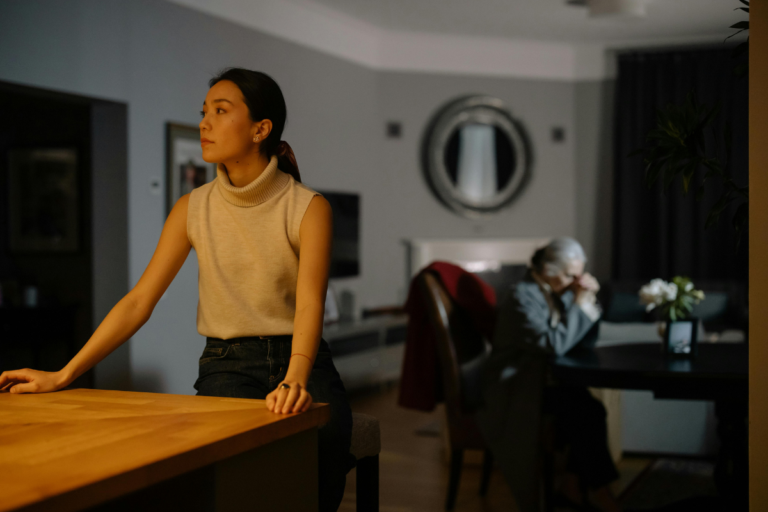When someone makes the decision to reach out for counselling, it can be filled with a lot of unknowns.
How long will it take? What will you have to talk about? Who will your counsellor be?
We know it can be an uncertain process, so we spoke with our counsellors for their advice and anything you need to know before your first family counselling session.
What will happen after I make an enquiry?
The person contacting the service will provide the initial information, like the challenges you’re experiencing and what help you’re looking for. Depending on the issue(s), and the ages of the children in the family, the initial session may be booked with the whole family, or it may be that parents are seen initially so the counsellor can gain a deeper understanding of the presenting issues, in order to work out what would be the most helpful ‘next step’ to take.
Dependent children may, at times, be seen individually when doing family work, however we are unable to provide individual counselling for children outside of family counselling.
With families where parents are separated, we generally require the consent of both parents to meet with children in counselling under the age of 18.
Adult families
Counselling for adult families has a slightly different intake process. The person initiating contact may have a separate short phone call booked with a counselling team leader to better understand the issues, who will be participating, and how to proceed before any sessions are booked in.
Before moving to a family session, each adult will need to provide some information to our intake service. This lets us know that they are aware of and agreeable to participate in the counselling, and willing to be booked in when an appointment is available.
After this, a booking may be made for the whole family to attend, or bookings may be made for individual sessions initially, to be followed by a session with everyone.
How long is the session?
Family sessions are generally 80 – 90 minutes for the first session. For ongoing sessions, they are approximately 50 – 60 minutes if there are one or two people attending and 80 – 90 minutes when there are more than two people attending, to allow a bit more time to hear from everyone.
I feel nervous to share my information with a stranger – should I be worried about privacy?
We know it can feel overwhelming and strange disclosing personal information to a stranger.
Before your first session, we will send you some information about privacy so you can be well informed. Your counsellor will also explain privacy and any limitations at the start of the appointment before you share any information in detail. Your counsellor will discuss with you the things they can do to make you feel more comfortable and keep checking in with you along the way.
What happens in the first session?
Your counsellor will usually begin by asking some general questions to get to know you, and understand a bit more about your daily life and relationships.
They will then ask some questions about the issue that brought you to counselling. These might include how long it’s been a concern, if anyone else is involved, how it’s impacting you and the people around you, what you may have already tried, and what you’re hoping to achieve from counselling.
At the end of the first session, you may only have started to ‘paint a picture’ of what’s happening. However, just speaking out loud might help you to see things more clearly, or gain a different perspective to help you start moving towards change. You may decide to experiment doing things differently following your first session to see what happens.
You may decide to try doing things differently in between now and your next session to see what happens.
Your counsellor will also discuss with you if you would like further sessions and what might be the most helpful next step. Depending on the issues, and what emerges in the counselling, your counsellor may want to meet with different family members at different times. Sometimes it might mean seeing everyone together, while at other times it may involve just parents, children, one parent and a child etc.
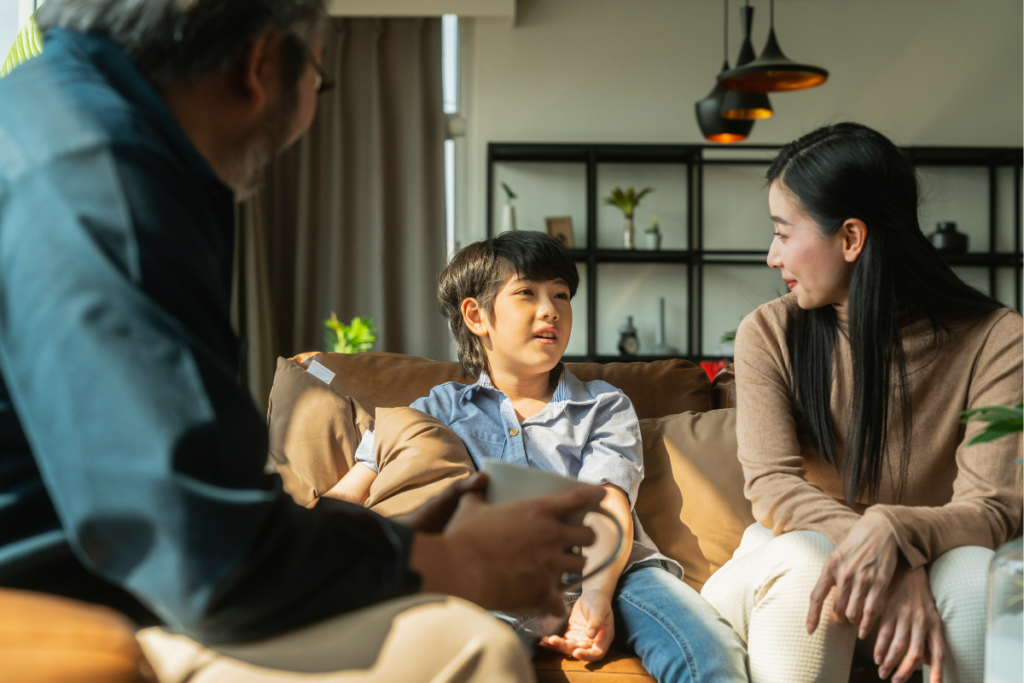
I’m worried the counsellor will take someone else’s side!
Counsellors are there to understand both partners’ concerns, with a view to helping both parties reflect on what they might be able to do to resolve the problem.
Counsellors are experienced in ‘not taking sides’, and remaining impartial, which can be very frustrating for clients who really wish they would!
Can I do the session online?
Yes – it is important to us that counselling is accessible.
However, where possible, we encourage coming to the first session in-person. It provides a good foundation if you want to move to online counselling, or a combination of both (if you would prefer that).
Where attending in-person isn’t possible, you can discuss with the counsellor whether the type of issues you have would be suitable for online sessions.
Many families, especially with younger children, find online family counselling difficult to manage. Children often find it harder to keep engaged and connected.
The experience of online counselling can be different for everyone. Some people enjoy having their session from the comfort of their own home, while others find it easier to connect with the counsellor in-person.
Occasionally your counsellor may decide they cannot be helpful to you meeting online and discuss coming in-person.
Can I see a particular counsellor?
If you particularly wish to see someone, we will try to accommodate that request, however it is not always possible. It might also mean you’ll have to wait until they have availability to see you.
Will they ask about my childhood?
Yes, they might. It’s important to remember that it’s always up to you to decide what information you choose to share. Counsellors are aware that it can take time for many people to get to know their counsellor and to be okay with being a bit vulnerable around sharing information.
If a counsellor feels it might be helpful to understand your childhood to support you with your and your family’s goals for counselling, they may ask about it. Most relationship counsellors will ask you a little bit about your family.
Speaking about your family and how people related to each other in your family, might help you make links about how you participate in your relationships. Again, counsellors will always keep in mind what is appropriate to talk about in front of other family members, particularly children, and check in with you along the way.
Do I need to do anything to prepare?
No, it is important to feel you can just come as you are.
However, if you want to take a little bit of time to think about the questions below, it may help you in your first session.
- What is the most important concern I would like to address in this counselling session?
- Is there any background information I think is important to share about this concern?
- What advice/ideas have I already been given from friends, family, a doctor, or other professional? What was helpful or unhelpful about this advice?
- At the end of my first counselling session how might I know that I have taken a step in the right direction?
Find out more about Relationship Australia NSW’s our family counselling and adolescent family counselling services.
Related Services & Workshops
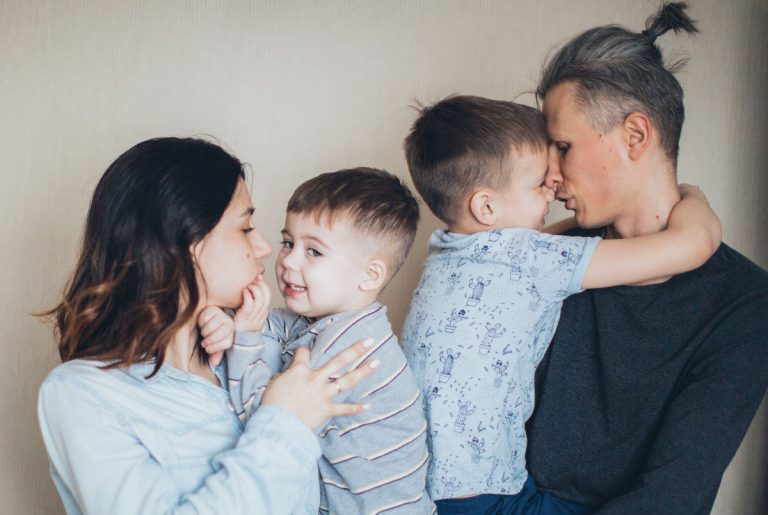
Counselling.Families.Life Transition
Family Counselling
Our trained and compassionate family therapists provide Family Counselling services online and in-person throughout NSW. Family Counselling provides a safe space to address problems, hear each other’s perspectives, overcome difficulties, improve communication, and restore and strengthen relationships.
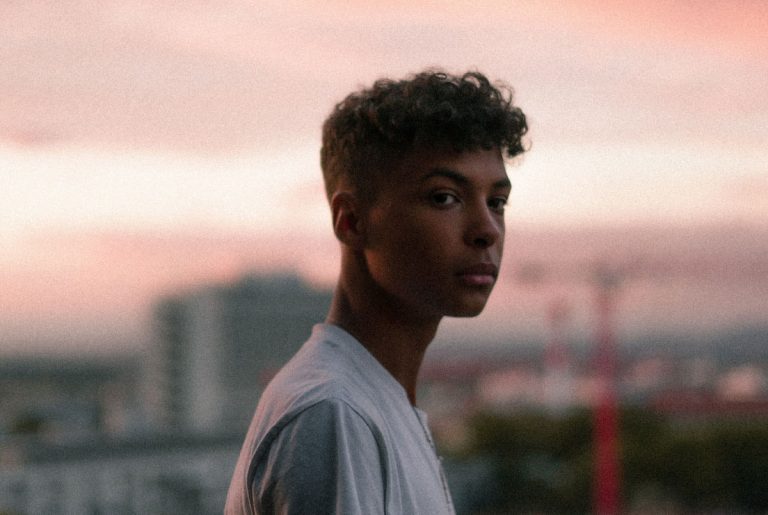
Counselling.Families.Mental Health
Adolescent Family Counselling
The teenage years can feel like an emotional minefield – and knowing how to support an adolescent can seem equally as daunting. Adolescent Family Counselling aims to restore and repair relationships by providing strategies to support teens and their families through significant life changes.
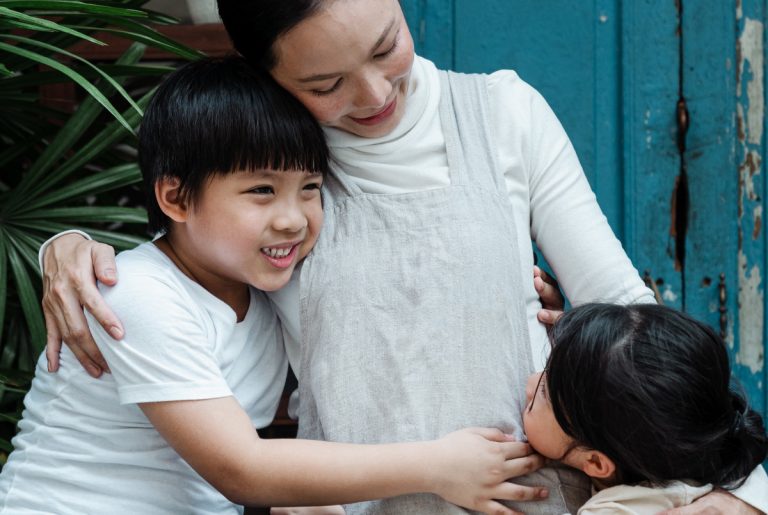
Group Workshops.Families.Parenting
Tuning in to Kids
This program helps parents and carers of children 12 and under ‘tune in’ and improve communication and connection with their kids. Practical tools help you build emotional intelligence in your child and manage challenging behaviour.


